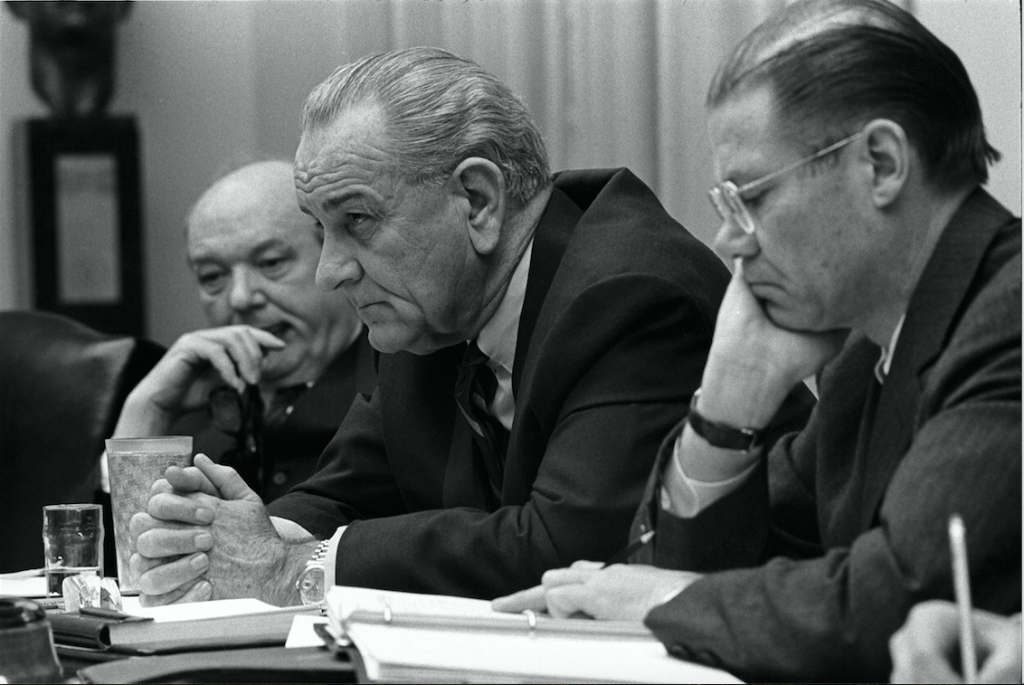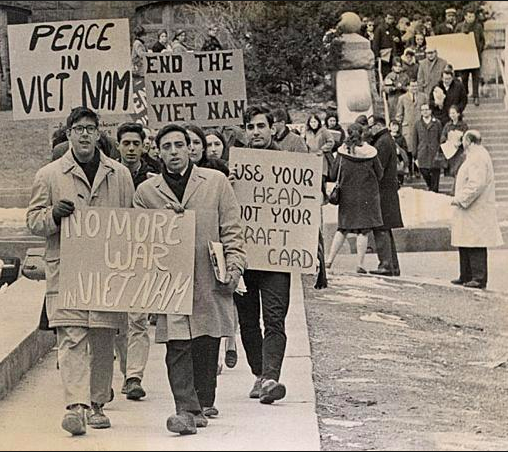Unit 9: The Vietnam War and the 1960s
Lyndon Johnson suddenly became president when JFK was assassinated, and he had a difficult job of navigating a presidency that he felt was undeserved. Johnson struggled to deal with civil rights, implementing his domestic policies, and the growing conflict in Vietnam. Ultimately, Johnson decided to send American troops to Vietnam in an attempt to stop the spread of communism, but what resulted was a drawn-out war against an enemy the US underestimated. While the war wore on in Vietnam, Americans at home began to disapprove of the reasons for the war, the way it was being fought, and how soldiers were chosen to go. The 1960s was a turbulent decade that was rocked by war, assassination, protest, and cultural revolution, and Americans still disagree about whether the 1960s represented positive change or not.
Links/review guide:
End of the Vietnam War homework
Johnson, Vietnam, and the 1960s review guide
Extra resources:
LBJ Legacy: Vietnam War Often Overshadows Civil Rights Feat
NPR (4/9/14)
Kim Phuc, the girl in the famous Vietnam photo, talks about forgiveness
Boston Globe (2/14/13)
Effects of Agent Orange 'ongoing silently' in children
CNN (1/30/13)
American Experience: The Presidents - Lyndon B. Johnson
A Failed Coup in South Vietnam
History Today (10/2010)
Remembering Kent State, 40 Years Later
CNN (5/4/10)
A Grown Daisy Girl Recalls her Infamous Attack Ad
Newsweek (3/2012) about Lyndon Johnson's famous political ad
Andy Warhol's great secret: The pop icon changed the nature of art and celebrity forever because he knew that art did not have to look like art
Salon (10/21/2012)


